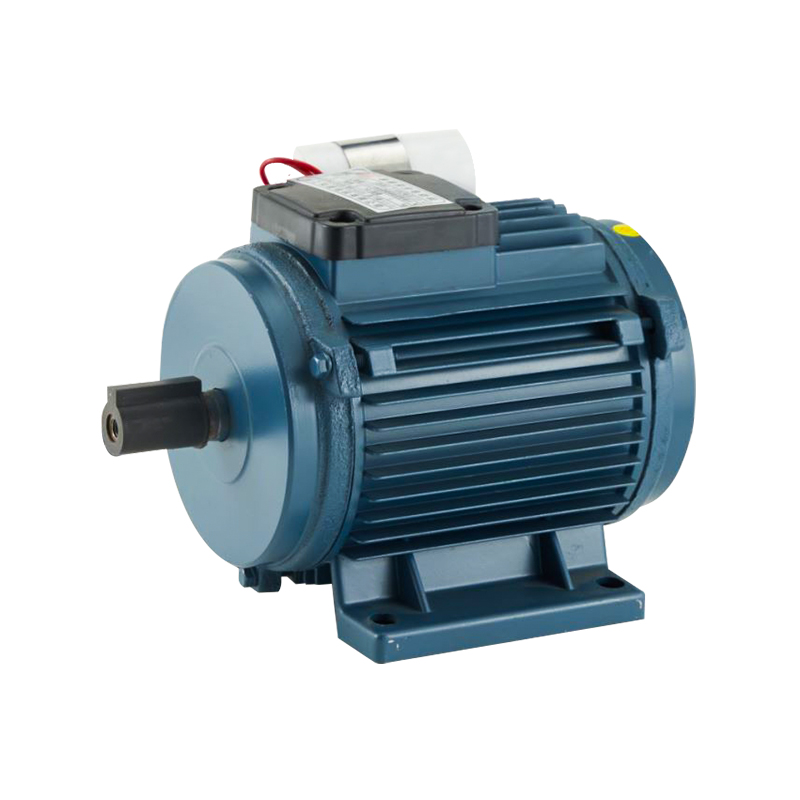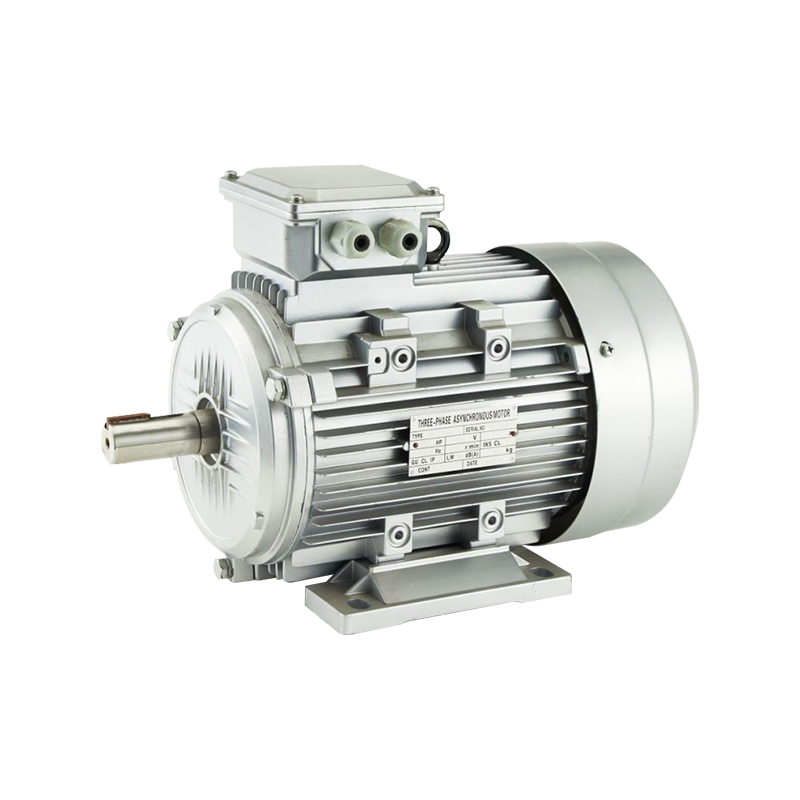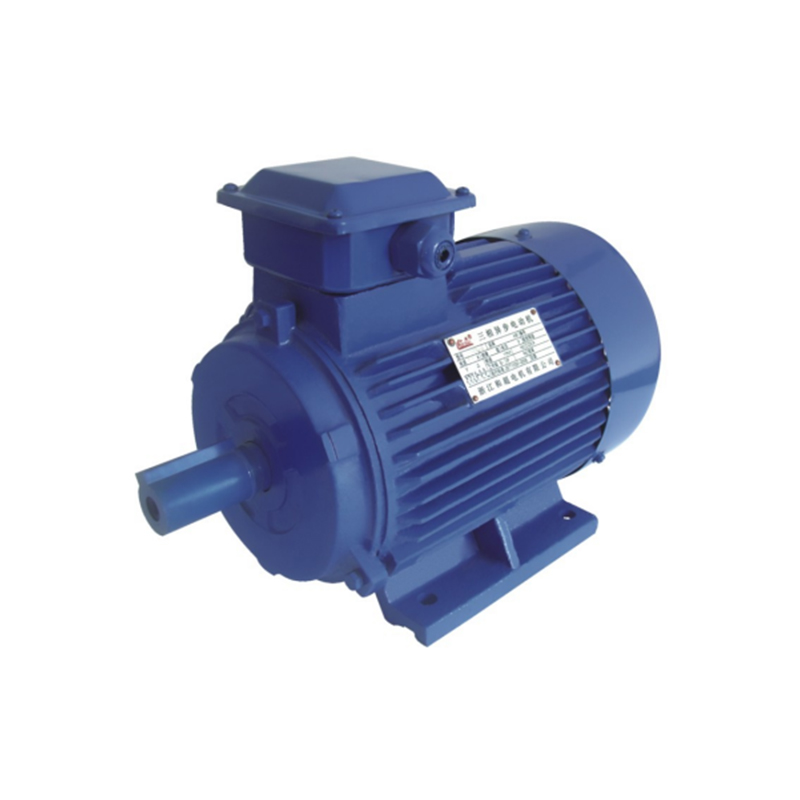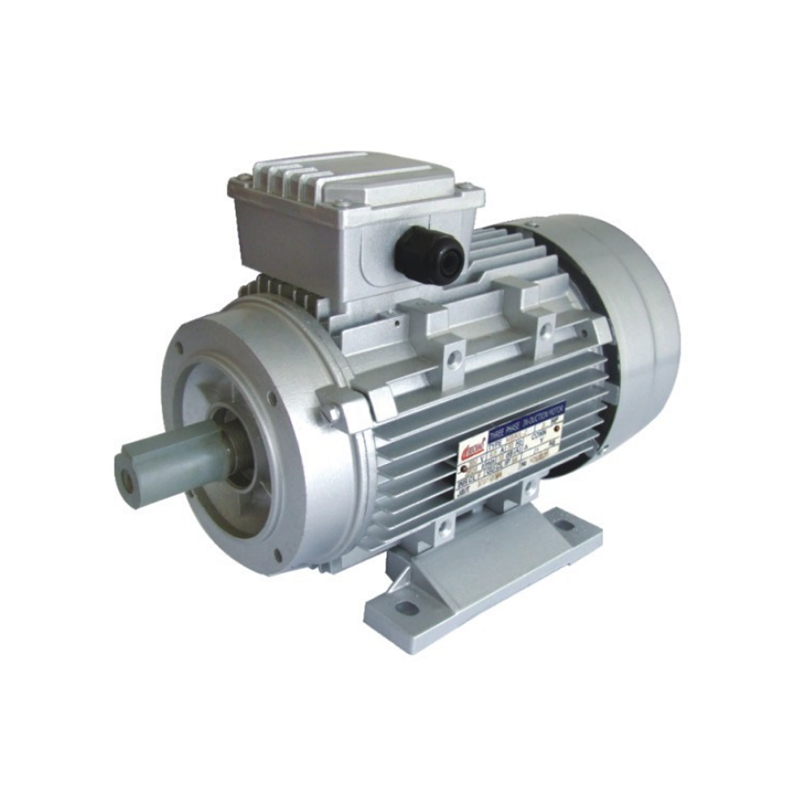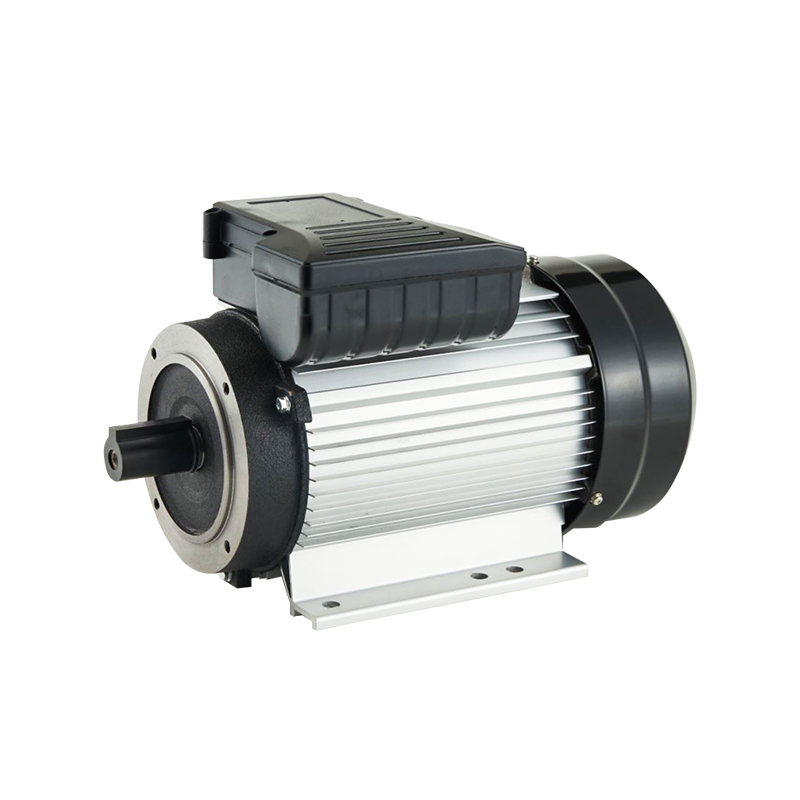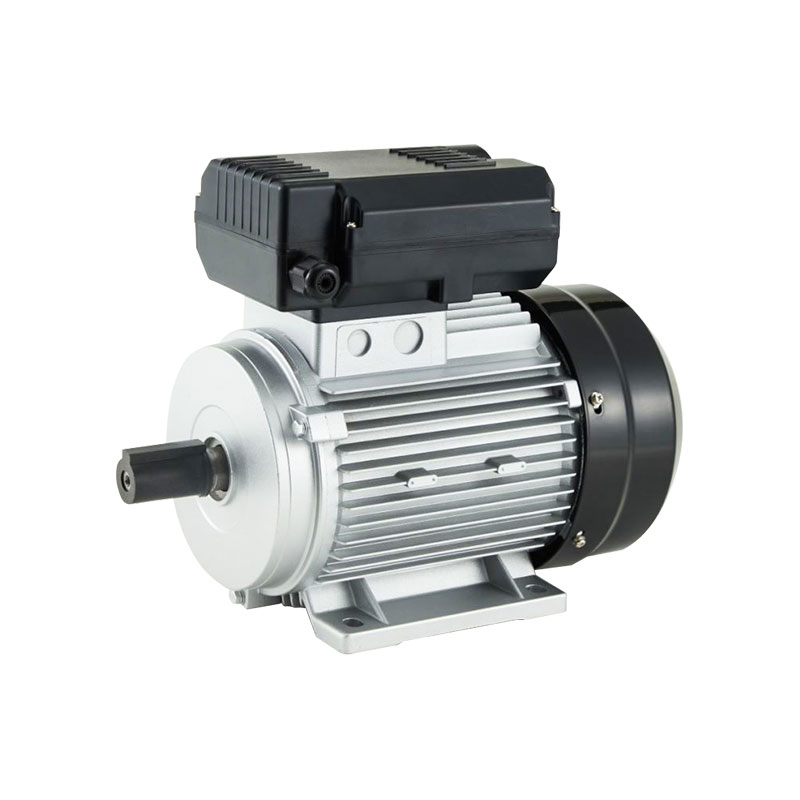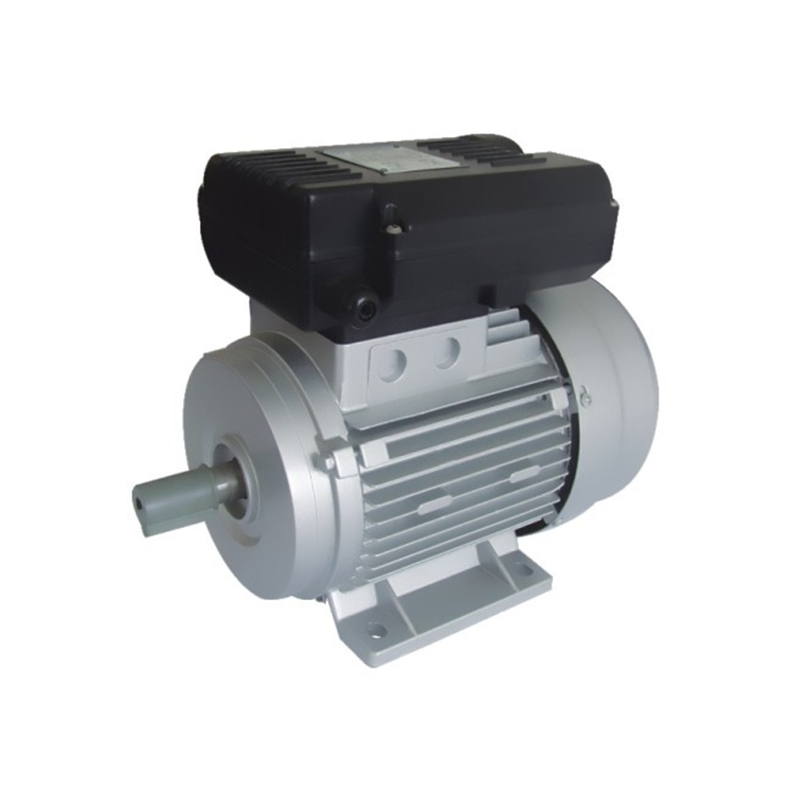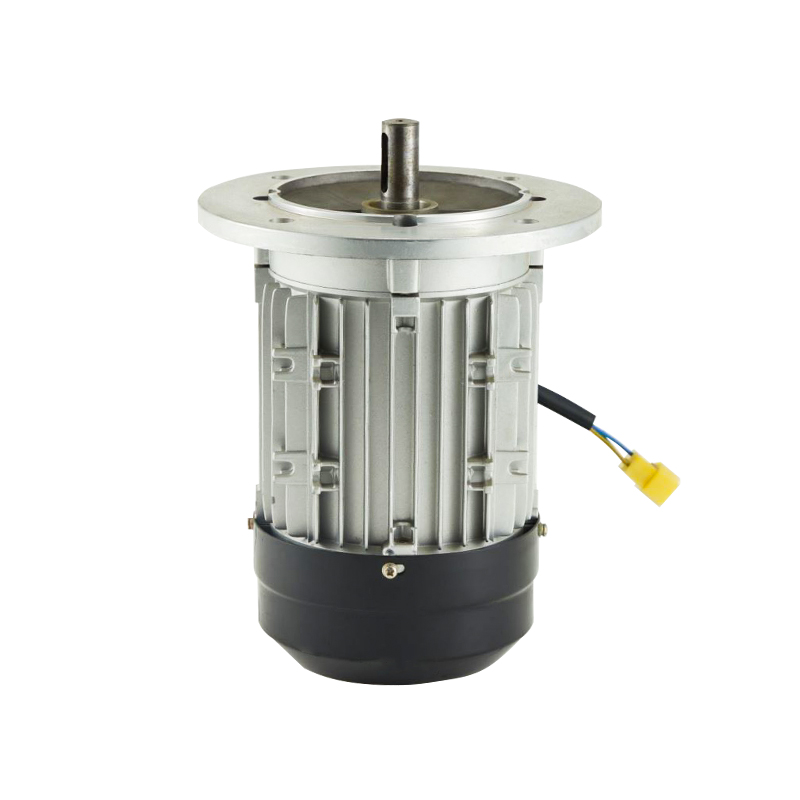As an AC brushless motor factory and ISO‑9001 certified electric motor manufacturer, Zhejiang Hechao Motor Co., Ltd. follows a comprehensive quality control framework that spans from raw material inspection to final acceptance testing. This approach ensures every motor—whether it's a Y/Y2/3‑phase asynchronous design or a single‑phase YL/YC/YY variant—meets performance, safety, and regulatory benchmarks like CCC and CE certifications.
Quality isn’t a final checkpoint—it’s embedded throughout our production. Our focus extends beyond passing an inspection: it’s about building reliability into every stage of manufacturing so the final brushless or three‑phase motors deliver long life, stable performance, and compliance with domestic and export standards.
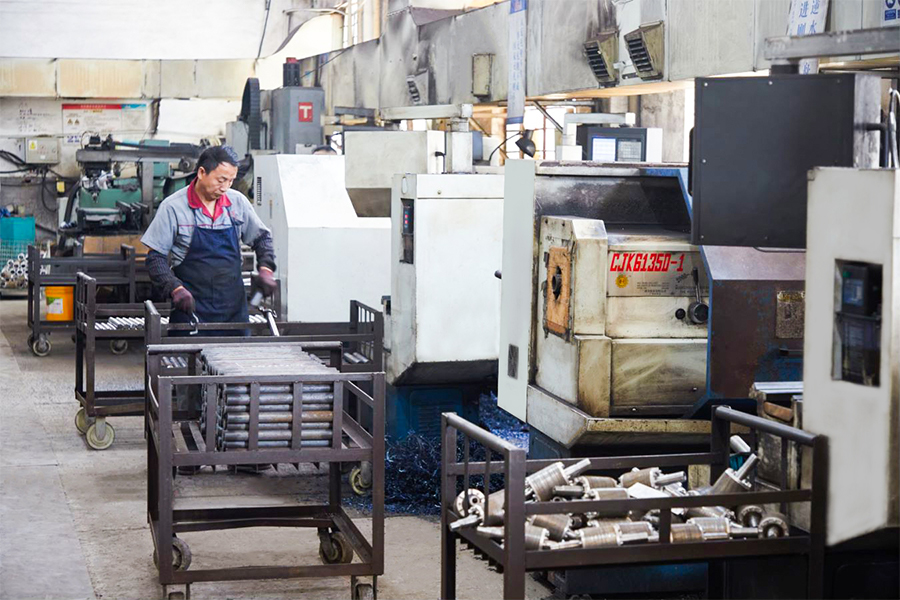
1. Certified Quality Framework: ISO 9001 and Factory Audits
ISO 9001 (Quality Management System): Zhejiang Hechao maintains a QMS aligned with ISO 9001:2015 guidelines, emphasizing risk‑based thinking, customer requirements, documented procedures, and frequent internal audits and management reviews.
CCC Certification Process: As a manufacturer exporting to and serving the Chinese market, we undergo CCC testing, including type tests at CNCA‑accredited labs, followed by an on-site factory audit and annual follow‑ups to sustain certification validity.
CE Compliance: We complete EMC, low‑voltage safety, and performance tests as required for CE marking, ensuring readiness for European markets.
2. Incoming Materials & Component Controls
Quality control begins at the inbound warehouse:
Vendor Qualification & Traceability: Suppliers are audited for process controls and documentation. Each lot of copper wire, electrical steel laminations, magnets, and insulation papers is tagged, tested, and entered into our traceability system.
Material Testing:
Copper conductors are checked for purity, DC resistance, insulation integrity, and conductor sizing.
Electrical steel laminations are sampled for thickness, magnetic permeability, and stamping accuracy.
Insulation resins and varnishes are evaluated for thermal class and dielectric strength.
Any deviation from specified tolerances leads to rejection or re‑qualification before production starts.
3. In‑Process Quality Monitoring
During winding, stacking, assembly, and varnish dipping:
Automated Winding Controls: Tension sensors monitor coil uniformity, ensuring consistent stator winding geometry, which is critical for electromagnetic efficiency.
Insulation Testing: Pre‑impregnation and post‑drying insulation resistance tests (e.g. 500 V DC megger readings) catch potential flashover risks.
Rotor Assembly Checks: Permanent magnets in our brushless or three‑phase asynchronous rotors undergo laser index checks and automated placement verification to avoid imbalance.
Qualitative Inspections: Ultrasonic checks for rotor/stator concentricity, dynamic balancing at speed for vibration/noise, and infrared scanning during low‑speed run‑in cycles to detect hotspots.
4. Final Acceptance Testing & Certification
Every motor is subject to a suite of acceptance tests before it is released:
No‑Load & Full‑Load Testing
Measures running torque, speed accuracy, noise levels, temperature rise, vibration, and current draw under full load.
Efficiency & Power Factor Measurement
Motoring efficiency is assessed against IE‑class benchmarks (IE2 minimum; IE3 or higher where required), in accordance with IEC 60034‑30‑1.
Dynamic Testing
Start‑up current, stall torque, and thermal overload curves are mapped.
EMC & Insulation Verification
Especially for brushless/frequency‑inverter-driven motors, we run EMC immunity/emission checks per CE guidelines.
Labeling & Documentation
Each motor gets a nameplate with rated voltage, current, speed, insulation class, efficiency class, safety marks, and a unique serial number tied to the inspection report.
Only units passing ALL acceptance criteria—including torque, thermal, electrical, and mechanical checks—receive approval for delivery.
By integrating stringent inspections, documented processes, and cycle‑to‑cycle improvement, our quality control goes beyond certification—it ensures every motor supports your industrial uptime and sustainability goals.

